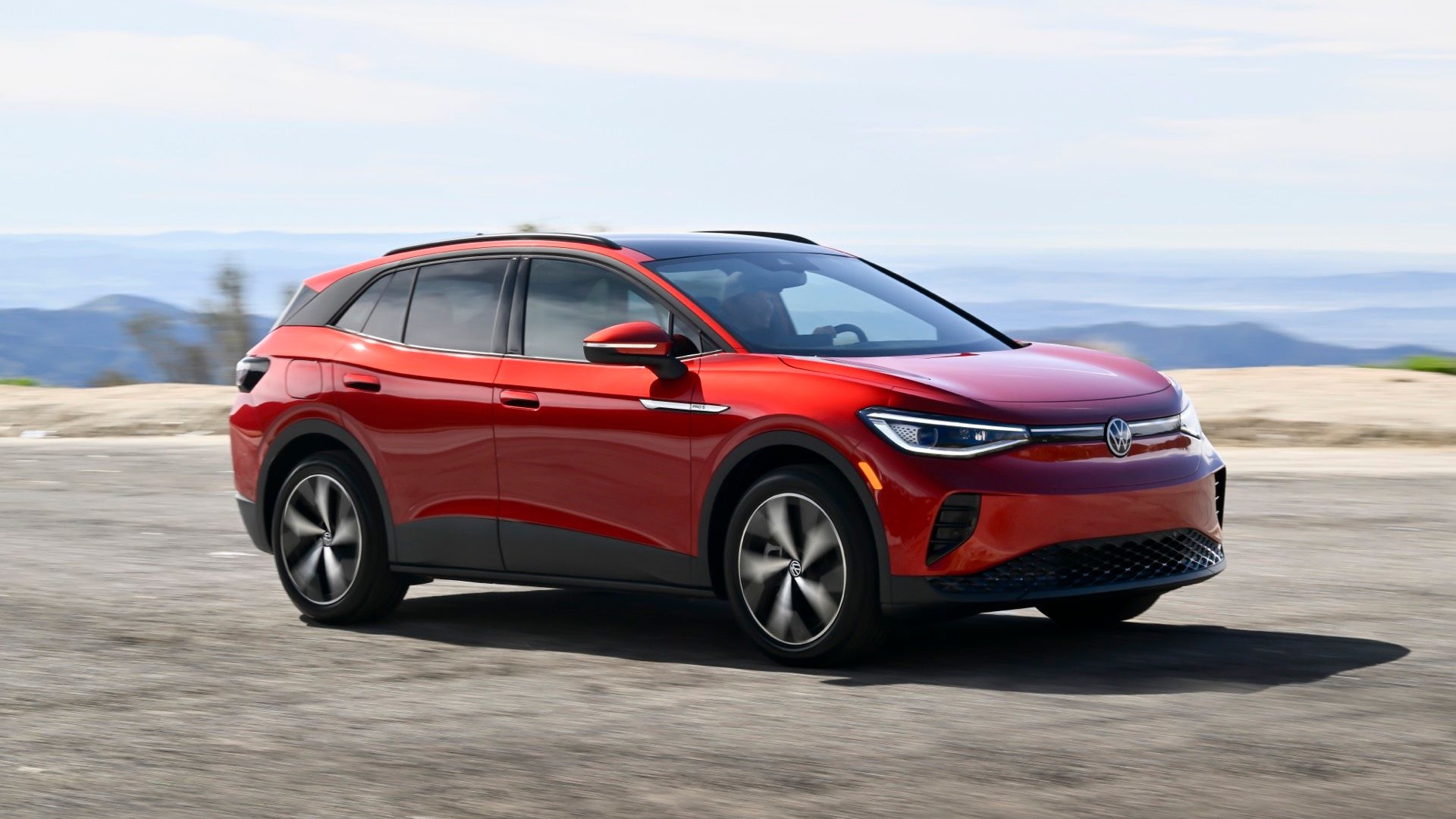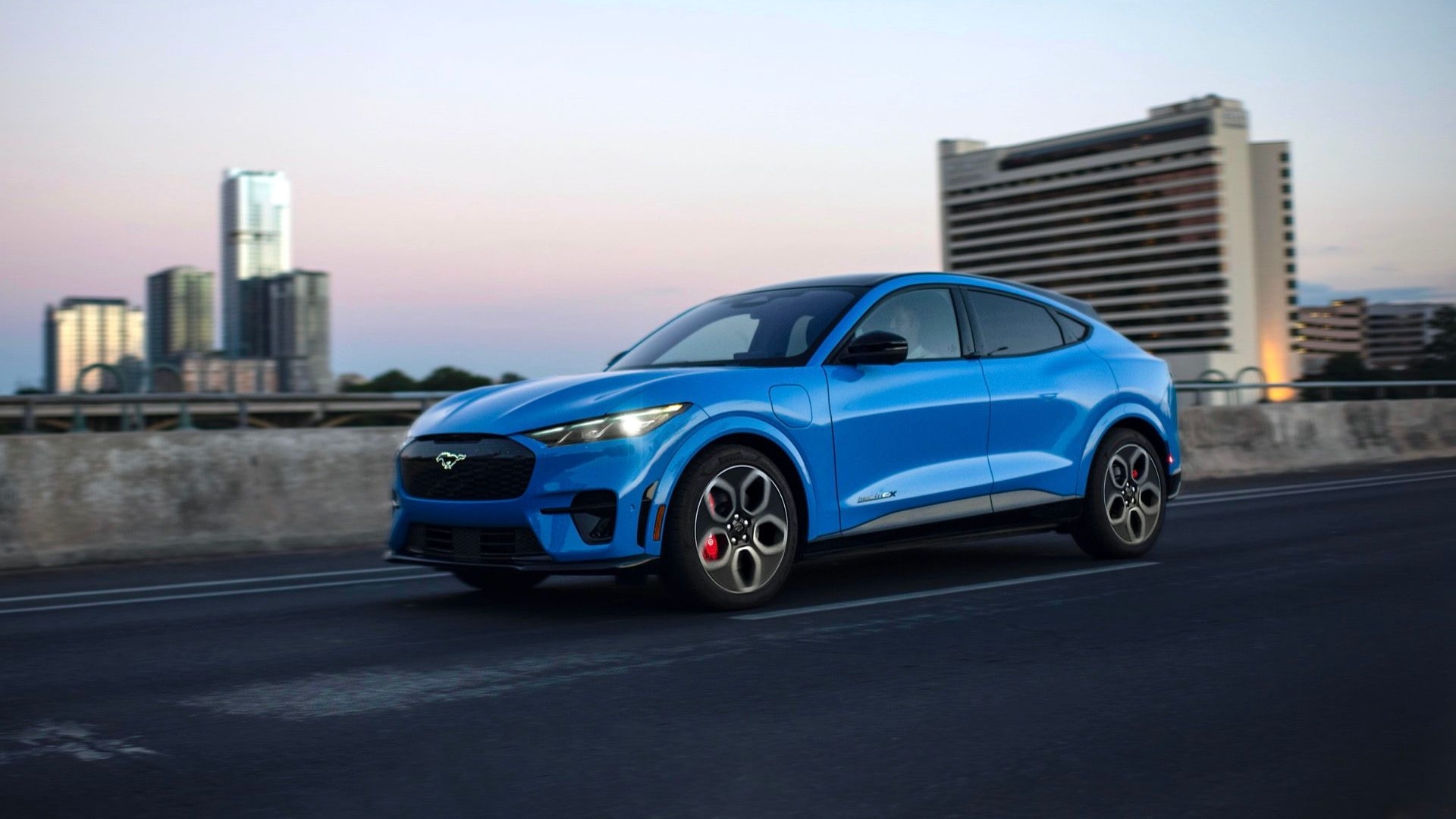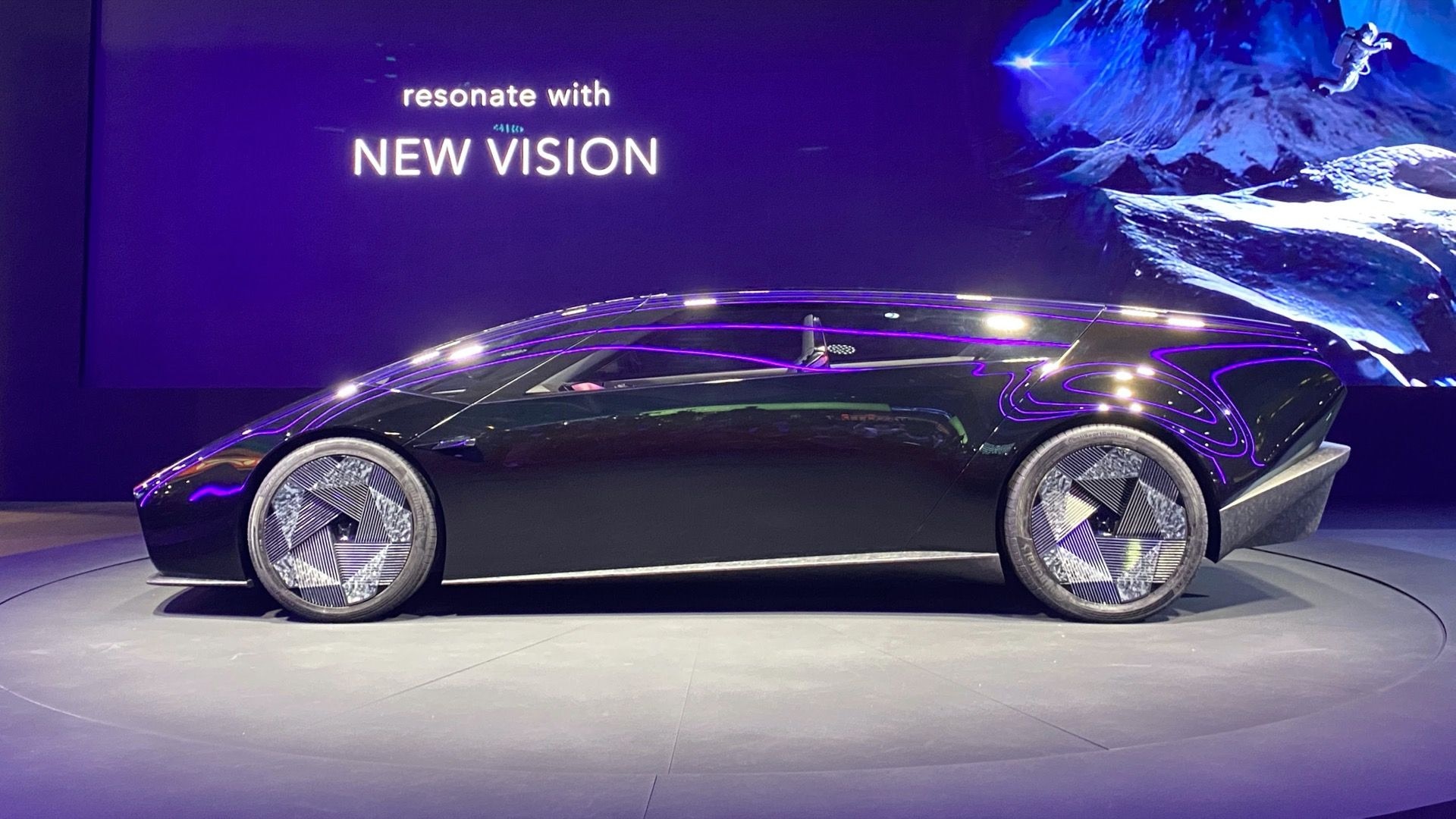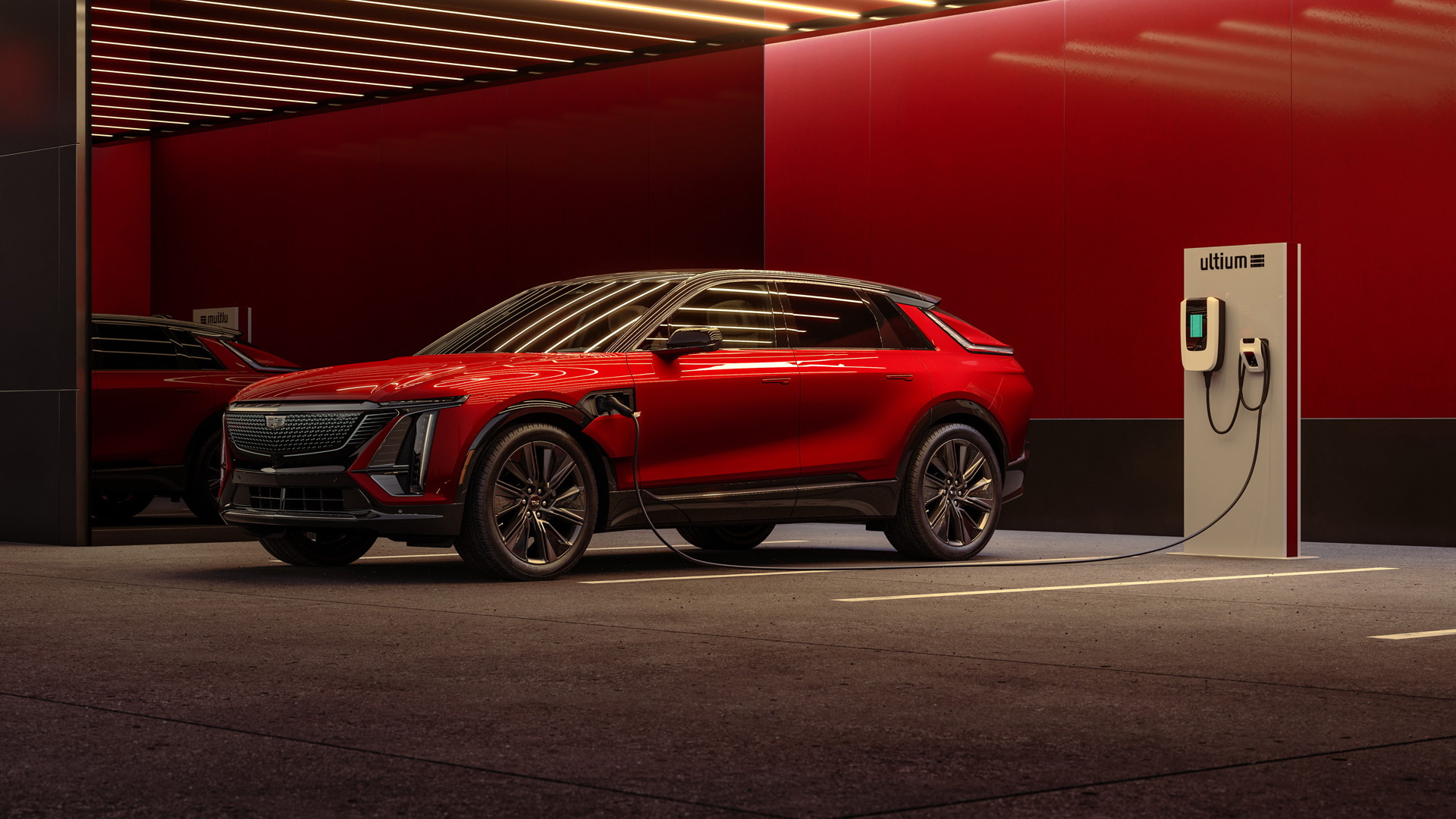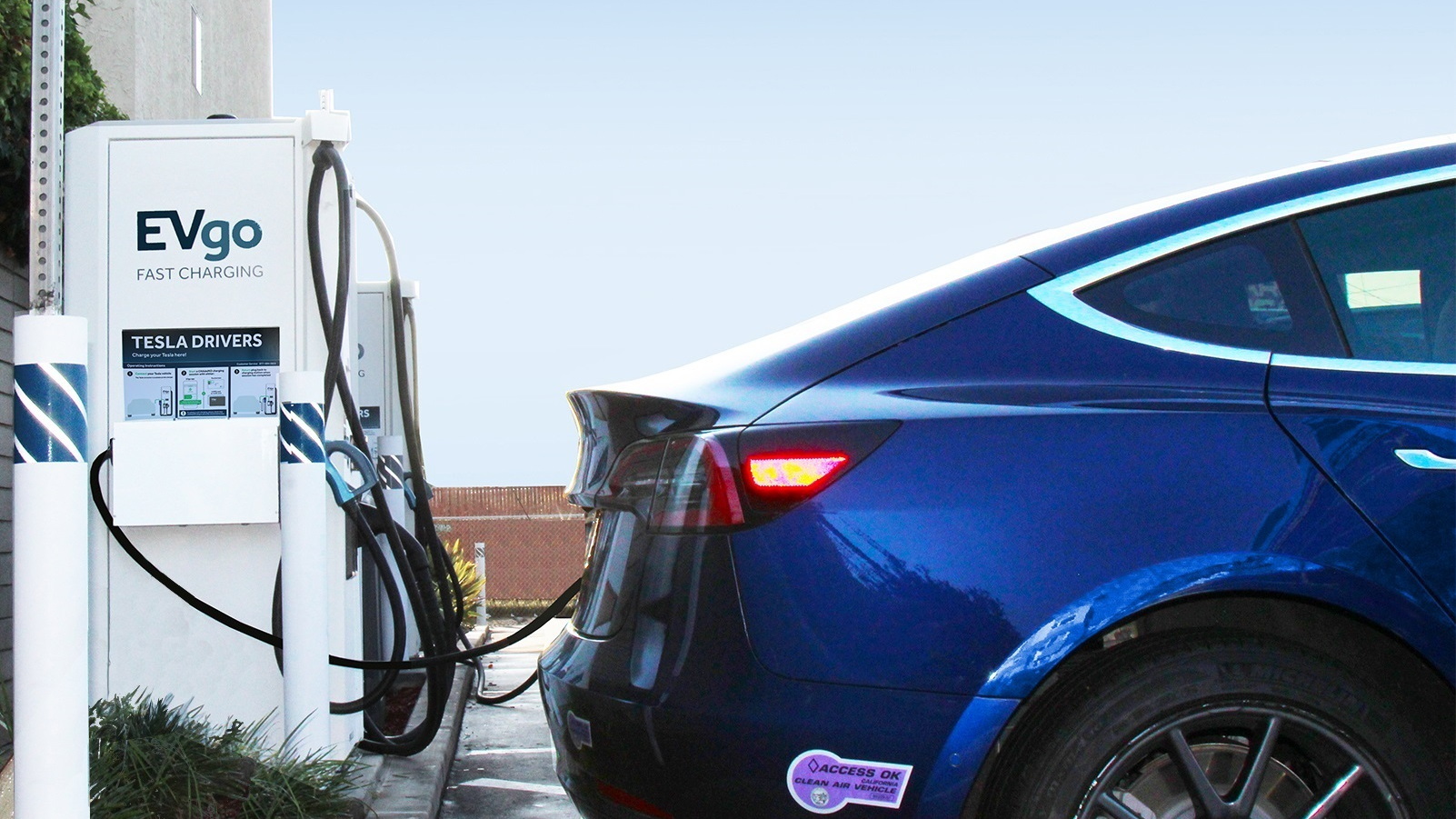Inductive charging is one of those "wait a few years" technologies, right?
Not if you live in Italy, where inductive charging isn't just being used now, but has been for a decade in bus fleets in Turin and Genoa.
The buses are charged each night at the depot, but to ensure they remain topped up during the day, induction coils are set into the road at stops, terminals and hubs. Another coil is set into the bus chassis, allowing it to charge at the frequent stopping points. A top-up can replenish 10-15 percent of the battery's capacity.
That, says The New York Times, is enough to keep a bus going for its whole 125-mile route around Turin each day.
What may surprise is just how long the system has been in place. Conductix-Wampfler, the German wireless charging engineering company that supplies the Inductive Power Transfer (ITP) system, says the system has been fully operational for ten years now.
That's testament not only to the technology's viability, but also to how useful and reliable the system can be in the right application. Thirty buses in the two cities use the system, which runs at 95 percent efficiency--i.e, only 5 percent of power is lost during transfer.
Conductix-Wampfler is also keen to reassure people that there's no health risk associated with the magnetic induction fields, and that the system meets guidelines set out by the International Commission on Non-Ionizing Radiation Protection watchdog.
![Inductive Power Transfer wireless charging used in Turin buses. [Image: Conductix-Wampfler] Inductive Power Transfer wireless charging used in Turin buses. [Image: Conductix-Wampfler]](https://images.hgmsites.net/med/inductive-power-transfer-wireless-charging-used-in-turin-buses-image-conductix-wampfler_100392429_m.jpg)
Inductive Power Transfer wireless charging used in Turin buses. [Image: Conductix-Wampfler]
The bus routes are proof that the system can work when applied correctly, and it's given two Italian cities quiet, clean and fossil fuel-free public transport for the past decade.
Better still, the company is planning pilot and test projects of IPT in American cities, including Los Angeles, and Chattanooga, Tennessee.
+++++++++++








